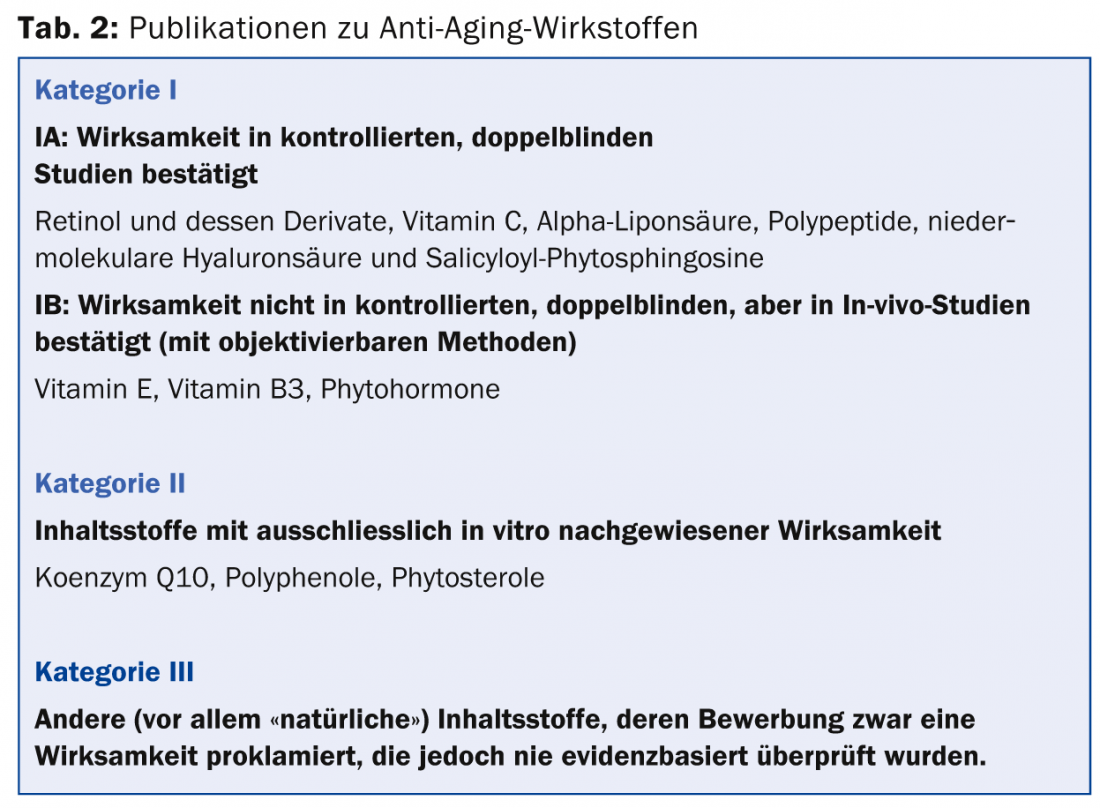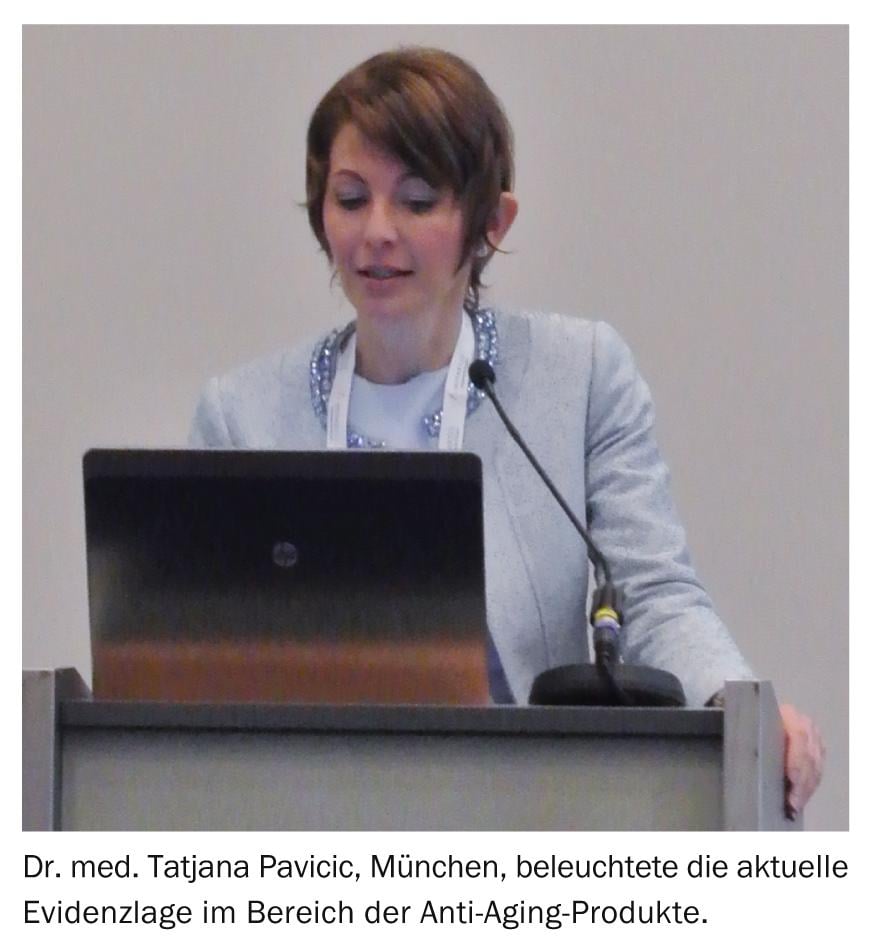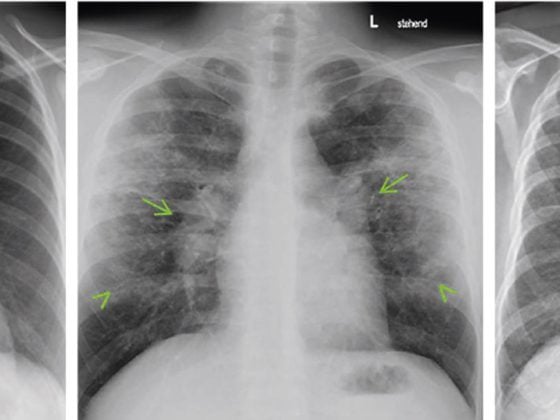The EADV Congress is the largest dermatological and venereological educational event in Europe. In 2014, the numerous international clinical and research experts met in Amsterdam. The official press conference on this was held on October 10. It provided an initial overview of the wide variety of topics in this field. Sometimes it was about tattoos, anti-aging cosmetics, hair transplants and melanoma therapy.
Tattoos are booming, according to Prof. Jørgen Serup, MD, Copenhagen. This fashion trend – currently an estimated 100 million Europeans are tattooed – certainly brings risks with it. Not least because the dyes used are little standardized and regulated, they are products that are sometimes hardly subject to quality control, are poorly labeled and sometimes even contain unknown ingredients.
A Danish study showed a full 10% of the 58 new inks tested were contaminated with bacteria that can lead to infections, including staphylococci, streptococci, pseudomonas, enterococci and E.coli. Bacterial infections potentially spread to the surrounding skin or even affect deeper tissue. Depending on the resistance of the bacteria, antibiotic therapy is more or less successful – MRSA (penicillin-resistant staphylococci) are also found in tattoos and are increasingly spreading throughout Europe.
A wide range of consequential problems
Mild but also relatively common complications after tattooing include specific skin reactions to sunlight, swelling and pruritus. “The problem is that many people who notice any symptoms after such a procedure do not go to the doctor – after all, from their own perspective, they are not sick, but have merely had themselves beautified,” he said. Only when the swelling or pruritus becomes chronic, the doctor is consulted.
However, among the most dangerous situations are allergic reactions: The spectrum ranges from rather superficial, slightly elevated, flat or scaly lesions to ulcers affecting deeper skin layers and leading to a chronic wound. Potentially life-threatening consequences of tattooing are summarized in Table 1. “Stronger regulation and control of this growing business sector (especially the use and manufacture of inks) is needed in any case,” Prof. Serup cautioned.

Are there evidence-based anti-aging products?
The question of whether signs of skin aging can really be reduced by means of certain cosmetics was discussed by Tatjana Pavicic, MD, Munich. “As people are getting older and want to remain active and attractive into old age, there is a great demand for anti-aging products. In the course of this development, which also promises productive sales in the future, various manufacturers brought active ingredients onto the market, which now have to be tested very precisely and scientifically adequately for their desirable and negative effects. Advertising rarely delivers what it promises.” In the final analysis, this means clinically controlled double-blind in vivo studies. Two categories of effect can be distinguished on the basis of the active ingredients in these products:
- Antioxidants such as vitamins, co-enzymes and phytochemicals.
- Cell regulators such as retinol, peptides and growth factors.
The current scientific evidence status of various ingredients is shown in Table 2 . The gold standard includes retinol, which has been shown to stimulate epidermal proliferation and the synthesis of collagen, elastic fibers, and glycosaminoglycans, and to act on skin-damaging matrix metalloproteinases (MMPs). Vitamin C and polypeptides also sometimes increase collagen synthesis.

However, recommendations must not only be based on scientific evidence and tolerability data, but must also take into account the individually defined skin aging status. Is something to be prevented or “fixed”? In general, the current condition of the skin is decisive for the choice of therapy (dryness, inflammation, etc.). “I would start with antioxidants in early stages of aging and add cell regulators later, after the age of 40. One should use the synergistic effects of different active ingredients and apply combination regimens,” Dr. Pavicic summarized. In addition, UV-A and -B protection as well as exercise, a healthy diet, stress reduction and an ample intake of water are essential.

Stem cell transplantation for hair loss
The stem cell method differs from other techniques in that only a small piece of the hair follicle is taken. “Although we co-transplant parts of the hair root, the main goal of this technique is to transplant enough hair stem cells because they can effectively regenerate hair growth. Recently, it has been shown that the stem cells are located at the side and not at the base of the hair root. Therefore, it is necessary to transplant only a tiny section and not the whole follicular unit. Not all stem cells are necessary for regeneration. The principle is based on multiplication: from one hair you can generate two,” explained Coen Gho, MD, Amsterdam. “The donor follicles are preserved through the minimally invasive procedure.”
According to the speaker, neither loss of density nor scarring of the donor region results from such a transplantation (the microscopic wounds heal completely after two days). The same site will be considered for transplantation again (if needed) a few months later. However, the removal is very labor intensive and costly.
Melanoma therapy – Are the new agents too expensive?
Finally, Prof. Dr. med. Claus Garbe, Tübingen, raised the question whether the new therapies in the field of melanoma are cost-effective. “There is a lot to suggest that they are not. The manufacturer sets the price itself, which is usually very high and not based on real production costs or entirely on development costs.” It is also clear that this price far exceeds the benefit in QALYs (health economic metric consisting of lifetime and quality of life), so the cost-benefit ratio is not right. Rather, pharmaceutical manufacturers would set the price based on market research: opinion leaders would be interviewed and asked about the pain threshold or possible upper limit in the market. However, this significantly exceeds certain thresholds – which will make it impossible for healthcare systems to implement these drugs on a broad scale. “Thus, while we have promising new drugs, not every patient will be able to benefit,” Prof. Garbe explained.
According to the speaker, the solution lies in stricter price regulation (e.g., by the National Institute for Health and Clinical Excellence or the Federal Joint Committee [G-BA] in Germany).
Source: Press conference EADV Congress, October 8-12, 2014, Amsterdam
DERMATOLOGY PRACTICE 2015; 25(1): 37-39











